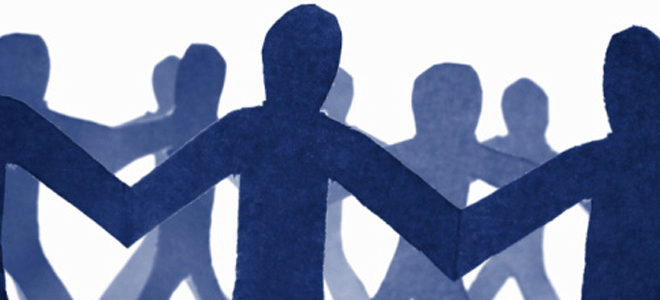The importance of friends in our life is fundamental; it is commonly said that whoever has a friend has a treasure. And it seems that the more friends you have, the better for your health. Family is added to friends as fundamental support to face certain health problems. In short, if you take care of your social relationships, you will also be taking care of your health.

How social relationships influence cancer
There are many studies that confirm the importance of having an active social life to maintain our emotional stability and self-esteem within what is considered psychologically healthy. But if until now the importance of social relationships was limited to the psychological field, the latest studies point towards physical health and specifically towards recovery from cancer and acceptance of chronic diseases.
It seems that having strong affective relationships and being an active part of a social group that includes friends, family and a partner can reduce mortality in some cases of breast cancer, for example. And it is not the same to face a health problem such as cancer alone, than to feel the support of loved ones, something that increases the chances of overcoming the disease.
The same happens in the case of some chronic diseases, in which the patient can fall into a depressive state at the prospect of always living accompanied by his illness. Thus, by feeling an important part of a group, he has the protection of his inner circle and can more easily find the necessary strength to face the situation.
But in addition to the emotional support provided by loved ones, physical contact, or what is known as human warmth, is essential. Much has been said about the importance of hugs, because it is an act of physical demonstration of affection. The therapeutic properties, both emotionally and physically, of a hug are well proven.
Social relationships in the elderly
But if there is a group that is especially in need of a demonstration of affection, it is the grandparents, who sometimes feel displaced from society. In this case, social relationships become essential to provide our grandparents with a healthier old age. If older people feel part of a group, if they count on their contribution and if they are allowed to participate in family and social life, it is more likely that these people will acquire a better quality of life.
For this, it is necessary that we all do not implicate in returning to the grandparents the fundamental role within the family, thanking them for all their effort in the form of habitual demonstrations of affection, and counting on them in any social activity. Because older people who lead a socially active life are able to delay the devastating health effects of aging.
It is worth emphasizing the need to physically show our affection and support both to the elderly, to those people who are suffering from a painful illness, or to those others who suffer from a chronic illness, because it is the best way we can help them overcome their health problems.
